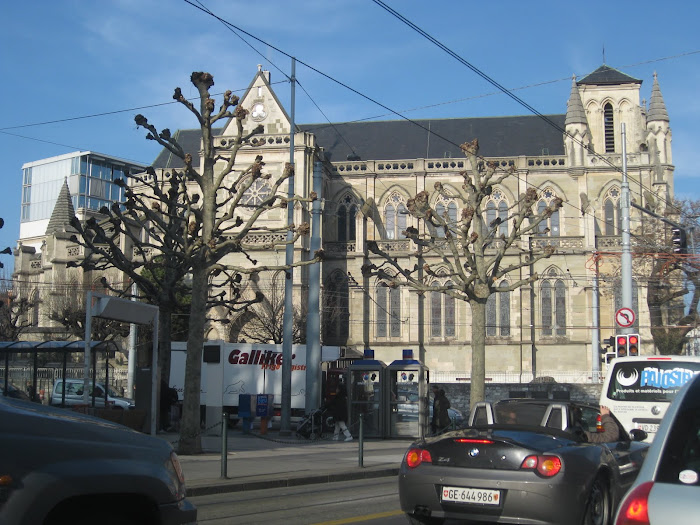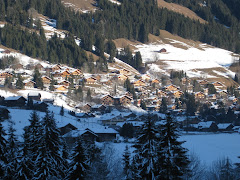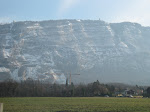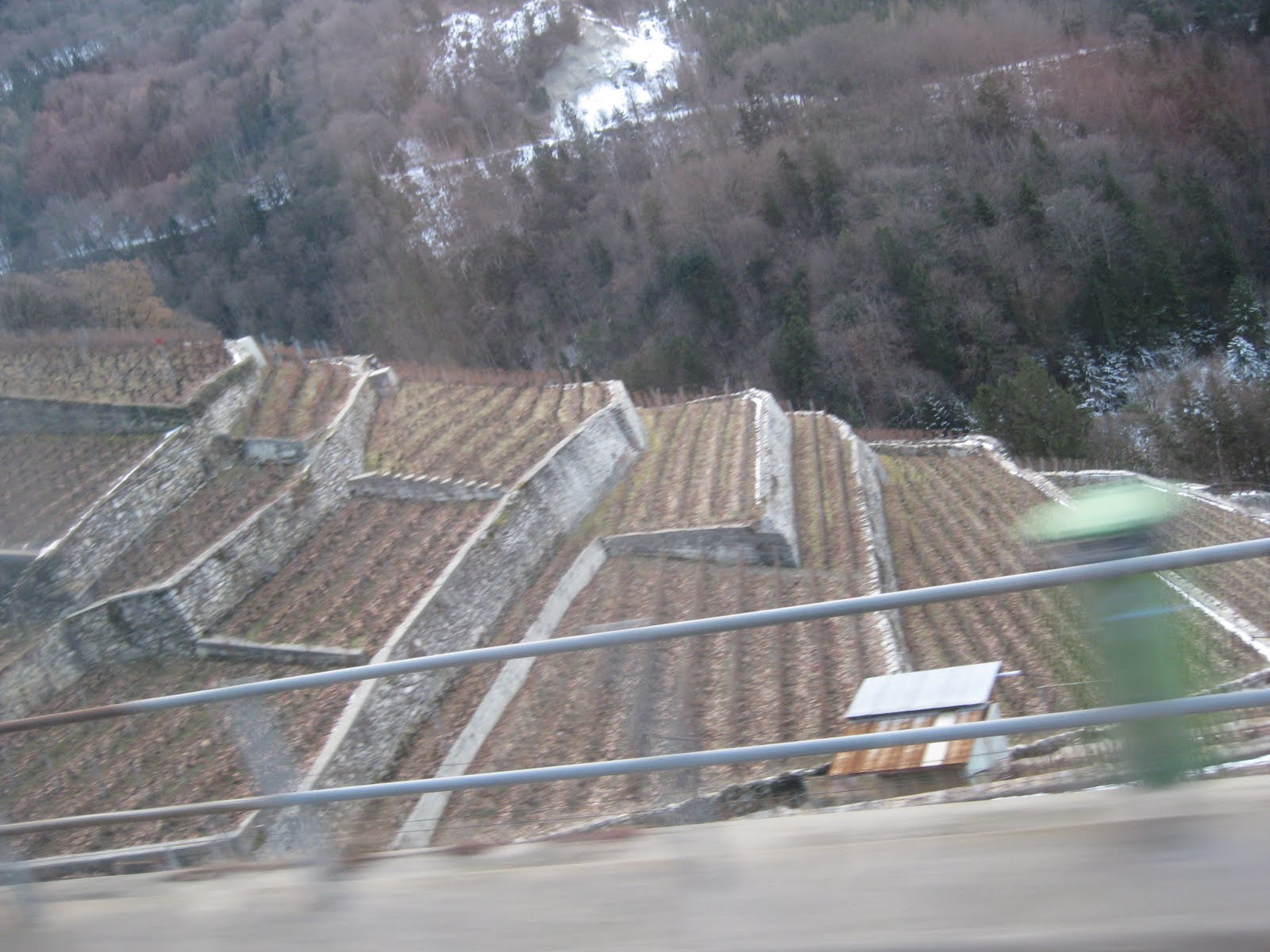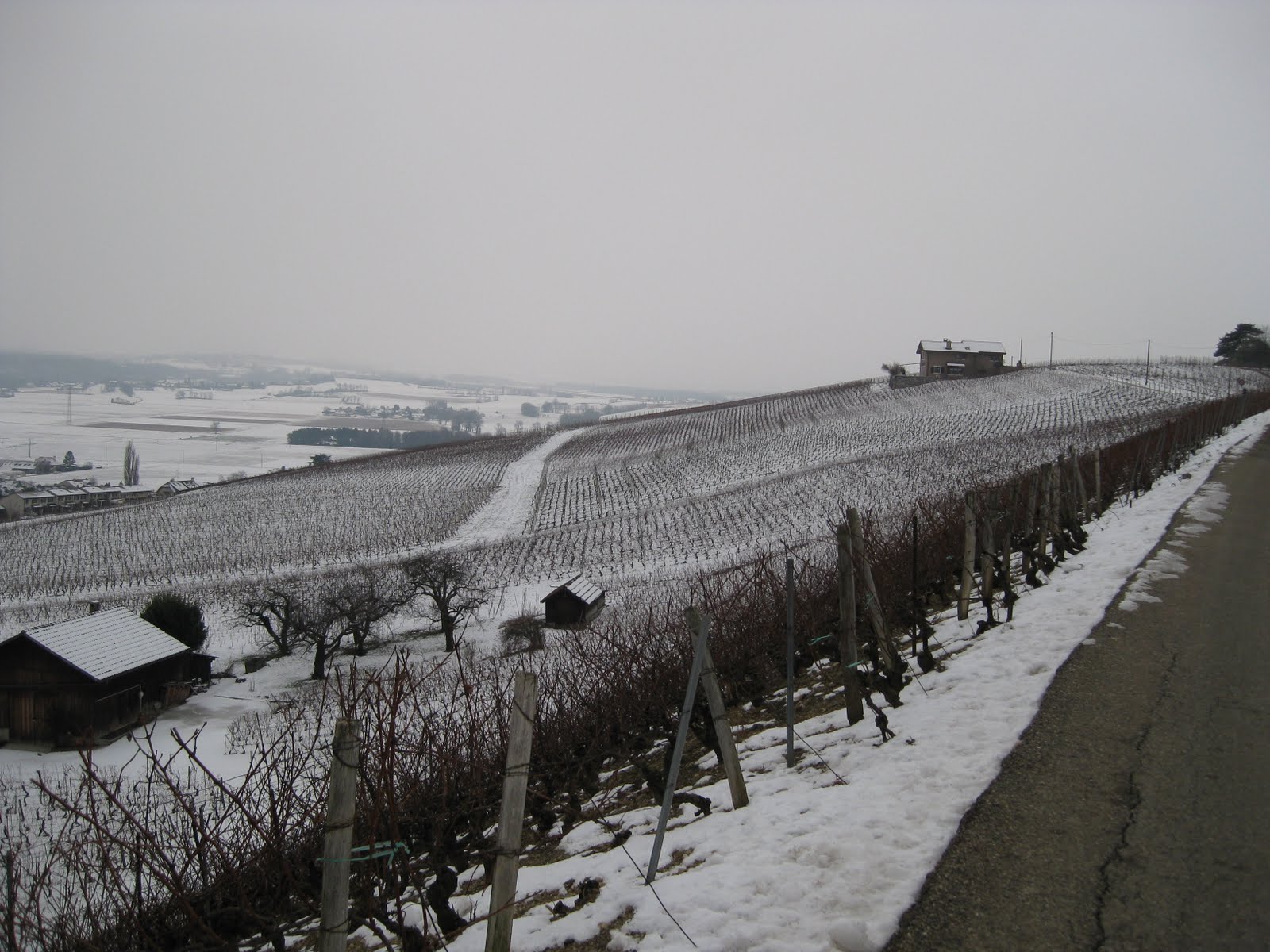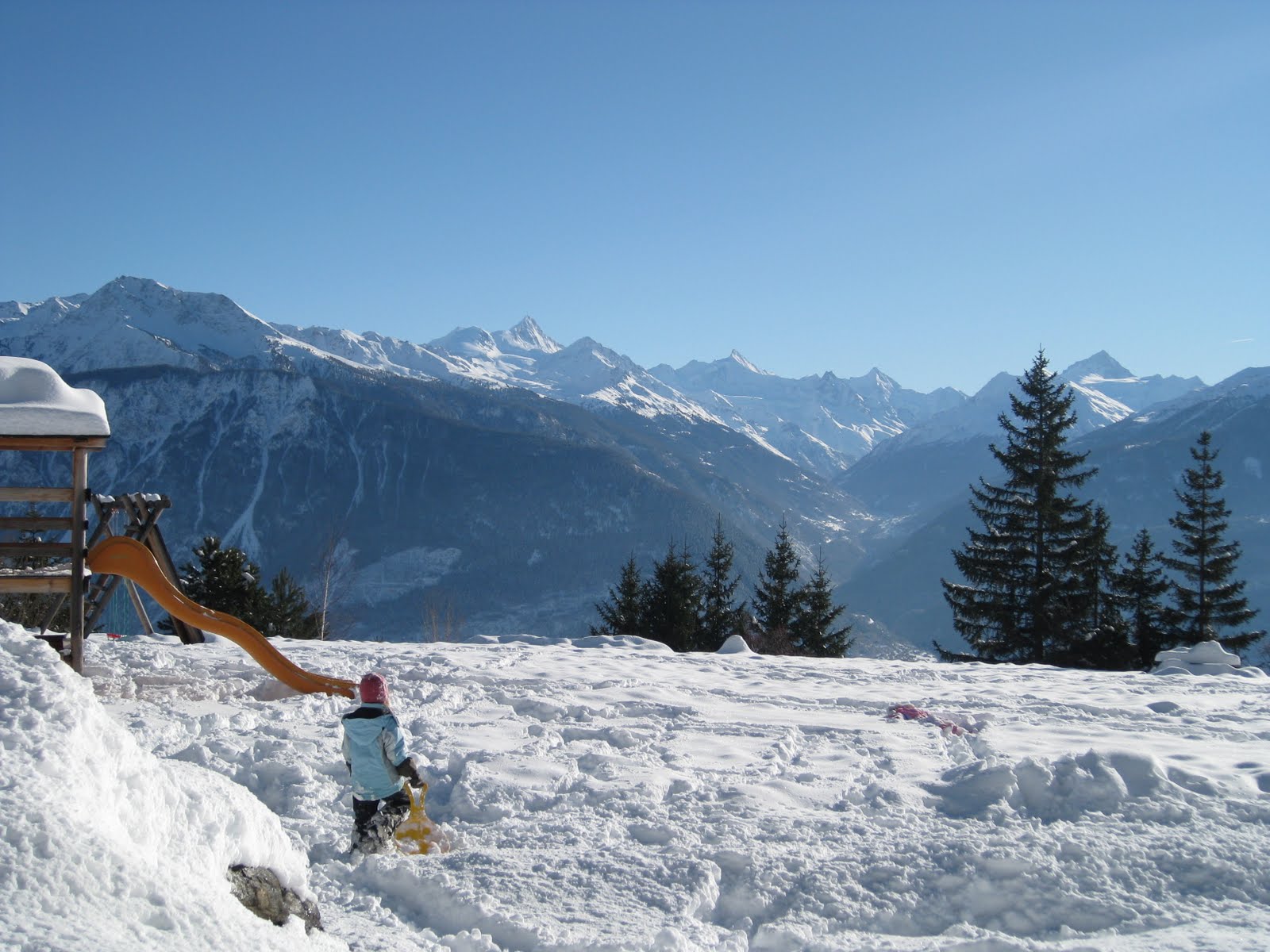
A long awaited meeting between Germany and Switzerland took place Friday in Berlin to talk about a new double-taxation agreement and exchange information on tax cheaters.
According to AP, both sides agreed to not disclose details aboutthe meeting but have said that they expect to receive their final approval from their governments "in a few months."
Earlier this year German official received a stolen disk holding information on Germans that had accounts in Switzerland banks.
AP reports, "Switzerland has always said that in such cases, independent of the country, we don't give legal assistance," Swiss Finance Minister Hans-Rudolf Merz said. "That's how it will stay -- the theft of tax data is a criminal offense in Switzerland and will be in the future too."
While German Finance Minister Wolfgang Schaeuble said "He isn't enthusiastic about the idea of an amnesty for German tax offenders," according to AP.
Although both countries have had their differences in the past Merz and Scheaunle have decided on a working group to answer questions about taxation in the future and improving German and Swiss banking relations.
According to AP both countries said Friday's agreement, "will help place Swiss-German relations back onto an objective and constructive footing that is worthy of friendly neighboring states."
